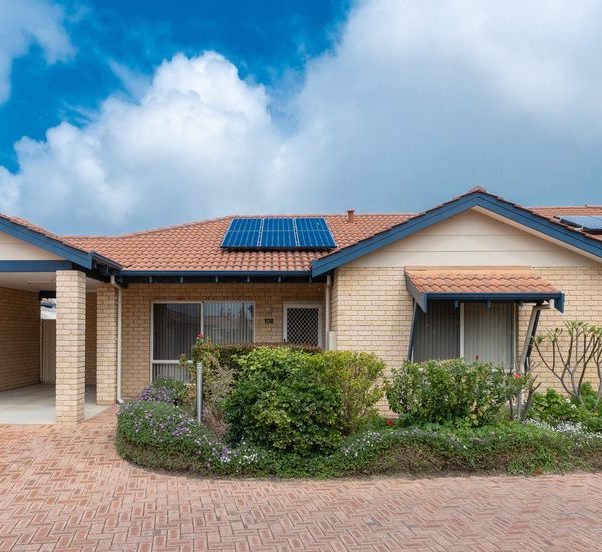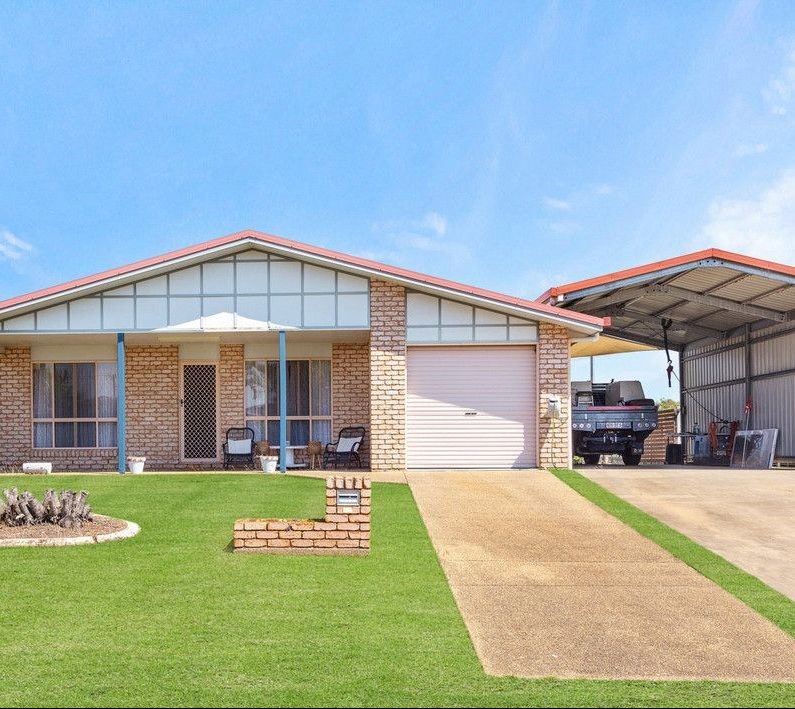Restrictions on foreigners buying property in australia explained
A sun-soaked beaches, a vibrant lifestyle, and a potentially booming property market – Australia might just be your investment dream come true.
And beyond this attractiveness of barbecues and stunning scenery lies the potential for serious financial gain.
Australian real estate entices investors with the possibility of both capital growth (property value appreciation) and solid rental yields, especially in major cities like Sydney, Melbourne, and Brisbane.
Intrigued?
There’s more to the story.
Central to the regulation of foreign investment in Australian property is the Foreign Investment Review Board (FIRB). The FIRB is a governmental body that assesses applications from foreign persons looking to invest in Australian real estate to ensure such investments align with the national interest. The primary aim is to direct foreign investment towards new property developments and boost the construction sector by supporting economic growth without disadvantaging Australian homebuyers.
So who qualifies as a foreign investor?
The first step is understanding if you qualify as a foreign investor. Here’s a breakdown of the two main categories:
- Non-Residents: This applies to individuals who don’t live in Australia and aren’t citizens or permanent residents. For you, buying property typically requires approval from the FIRB. This government agency ensures foreign investments align with Australia’s interests and generally, non-residents can only buy new properties or undeveloped land.
- Temporary Residents: This includes folks in Australia on temporary visas, like students or those on work assignments. You can buy property, but there are limitations. Usually, you’re restricted to new dwellings or established properties you’ll actually live in. And, when your visa expires, the property needs to be sold unless you become a permanent resident or citizen.
So what exactly can you, as a foreign investor, buy?
Types of properties foreign investors can buy in australia

New buildings and off-the-plan properties
Australia wants to see its housing market grow, and that’s where you come in! The government encourages foreign investors to focus on new constructions or “off-the-plan” properties (those still under development). Why? Because these investments directly create new housing stock, stimulating the construction industry and creating jobs.
Imagine you’re a foreign investor with your eye on a new apartment in Melbourne’s CBD. The price is AUD $500,000, and you’d need to apply for FIRB approval. If approved, your investment would add to the available housing supply without competing with everyday Australians looking for a place to live.
Vacant land with construction commitments
Investing in vacant land is another option, but there is a catch. You’ll need to commit to developing the property within a specific timeframe (usually four years). This ensures your investment leads to new construction and improvements, further boosting the economy and housing supply.
For instance, let’s say you purchase a plot of vacant land in Brisbane with the intention of building a duplex. After the FIRB application process is approved, you’ll need to break ground within four years and notify the FIRB upon completion, proving the development is complete.

Firb approval process
Step-by-step guide on how to apply for firb approval
Do you need approval?
Gathering your document
The cost of approval
Approval timelines
Tip: Include a condition in your purchase contract that makes the sale contingent upon FIRB approval. This protects you in case you haven’t received approval by the time you sign the contract.
Start your investment journey with us
With $85,000 in savings or equity, you can begin or grow your investment portfolio with high-growth
properties in Australia's strongest property markets.
With $85,000 in savings or equity, you can begin or grow your investment portfolio with high-growth properties in Australia's strongest property markets.
Breakdown of costs involved in buying property as a foreigner
Firb application fees
Stamp duty surcharges
Land tax for absentee owners
Example:
Let’s say you’re a foreign investor buying a property in Victoria for AUD $800,000. Here’s a breakdown of what you might pay:
- Property Price: AUD $800,000 (this is the big one!)
- FIRB Application Fee: Around AUD $6,350
- Stamp Duty: AUD 55,000 (base rate) + AUD 64,000 (foreign buyer surcharge) = AUD 119,000
- Absentee Owner Land Tax Surcharge: This could vary, but let’s say it’s 1.5%, which would be AUD 12,000 annually.
So, all those upfront costs, excluding the property price itself, could add up to more than AUD $137,350. And on top of that, there are ongoing annual costs like the absentee owner land tax.
The role of taxes
Capital gains tax (cgt)
Rental income tax
Beyond taxes: legal considerations for foreign investors
Owning property in Australia involves more than just tax implications. Here are some legal hurdles to keep on your radar:
- FIRB Approval: Remember that FIRB approval is mandatory for certain types of property purchases by foreign investors. Make sure you understand the process and get the green light before you move forward.
- Local Laws and Regulations: You’ll need to comply with local laws regarding property ownership, zoning regulations, and rental agreements.
Conclusion
WHAT OUR CLIENTS THINK OF US
Trustindex verifies that the original source of the review is Google. My wife and I now have three investment properties, the last two with the help of The Investors Agency. There is no comparison between the stressful and anxious experience we had purchasing our first house alone, as opposed to the confidence we felt and professionalism shown by The Investors Agency with the purchase of our second and third investment properties. Their specialist knowledge, experience, communication skills and the resources at their disposal across the country made the whole process stress free and achieved great results. We purchased the second investment property in October 22 and used the equity in that home to comfortably purchase the third investment property in August 24. If not for The Investors Agency, I never would’ve considered the property type, value and locations. They explain their reasoning which is backed up by facts. Their advice has us on the path to financial freedom and we a very, very grateful. Thank you to Bobby, Josh, Georgie and the entire team at The Investors Agency.Trustindex verifies that the original source of the review is Google. Great experience dealing with TIA, very informative and they work closely based on your needs. Little pricey but hopefully pays off with capital growth.Trustindex verifies that the original source of the review is Google. This was our first home purchase. My partner and I were a bit nervous about everything but TIA made everything smooth and easy to understand. Their process really is designed to take a lot of the load off you so you can go about your daily life and not be continuously stressing out about everything. We couldn’t be happier and can’t wait to celebrate with our next one hopefully soon!Trustindex verifies that the original source of the review is Google. An incredible service. An incredibly honest & professional team. Every part of the process is seamless. You wont find a better property purchasing experience both from an ease of use & a performance standpoint. The team is incredibly generous with their time, making sure to go over & above. A must for any Australian serious about building wealth sustainably.Trustindex verifies that the original source of the review is Google. We used TIA for our first investment whilst being based overseas. The professionalism and high level of communication was exactly what we needed not being locals or experts in the market. They provide a full end to end service and would highly recommend them to anyone else looking to invest in property.Trustindex verifies that the original source of the review is Google. Awesome and straight forward . Efficient!!!! TIA is the best!!!!Trustindex verifies that the original source of the review is Google. working with Josh was a good experience. Highly recommend them with your property goals.Trustindex verifies that the original source of the review is Google. It's been great working with 'Investors Agency'. They're very earnest in their involvement with our customized needs to look around and get a suitable property for us. Nothing short of excellence!!Load more